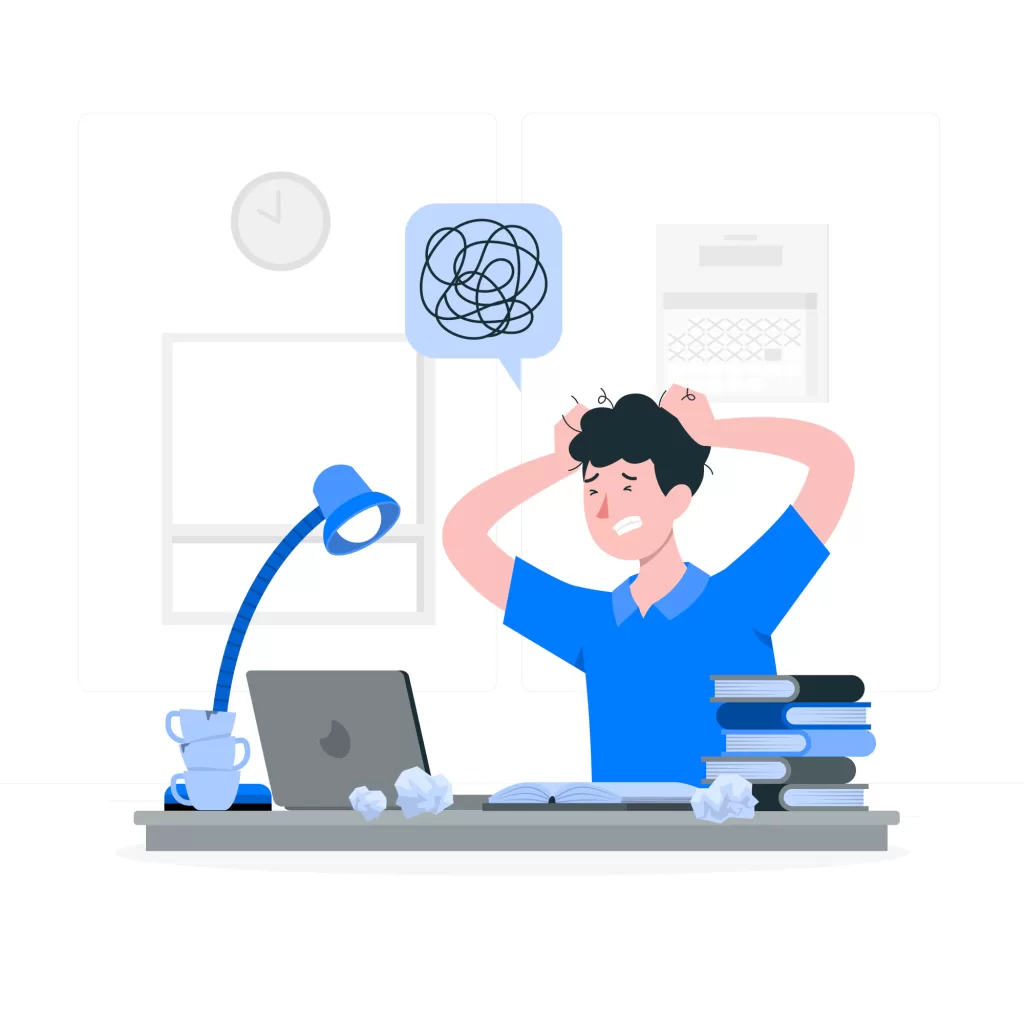- November 6, 2024
- By: peopletreehospitals
- No Comments
National Stress Awareness Day
A Guide to Managing Stress for a Healthier Life
On National Stress Awareness Day, observed every first Wednesday of November, People Tree Hospitals aims to shed light on the importance of understanding and managing stress in our lives. Stress is an unavoidable part of life, but when left unchecked, it can have significant negative impacts on our physical, mental, and emotional well-being. Let’s explore the causes of stress, its effects, and how we can manage it effectively.
Understanding Stress: What Is It?
Stress is the body’s natural response to challenging situations. It triggers the “fight or flight” response, releasing hormones like cortisol and adrenaline. While this response can be helpful in short bursts, chronic stress can be harmful and can manifest as physical ailments, emotional disturbances, or behavioural issues. Common stressors include work pressure, relationship challenges, health problems, financial difficulties, and even global events or changes in lifestyle.
Signs You Might Be Stressed
Stress can present itself in numerous ways, and it’s essential to recognize the signs. Here are some common symptoms:
Physical Symptoms: Headaches, muscle tension, sleep disturbances, frequent colds, stomach issues.
Emotional Symptoms: Anxiety, mood swings, irritability, feeling overwhelmed or restless.
Behavioural Symptoms: Avoiding responsibilities, eating too much or too little, using substances like alcohol or tobacco, withdrawal from activities.
The Impact of Stress on Health
Long-term stress can lead to serious health issues such as hypertension, diabetes, heart disease, weakened immune systems, anxiety, and depression. Studies indicate that chronic stress impacts brain function and emotional regulation, leading to cognitive decline over time.
Simple Techniques to Manage Stress Effectively
- Practice Mindfulness & Meditation: Mindfulness techniques like deep breathing, meditation, or yoga help calm the mind and bring attention to the present moment. Regular mindfulness practices are proven to reduce stress levels.
- Exercise Regularly: Physical activity releases endorphins, known as the “feel-good” hormones, which help counteract stress. Incorporating a brisk walk, cycling, swimming, or even dancing can work wonders.
- Connect with Loved Ones: Social support plays a crucial role in managing stress. Talking to a trusted friend, family member, or counsellor can provide perspective and comfort during tough times.
- Sleep & Nutrition: Lack of sleep and poor nutrition can exacerbate stress. Ensure that you maintain a healthy diet and get 7-8 hours of sleep each night.
- Time Management: A common source of stress is the feeling of being overwhelmed. Prioritize tasks, break large projects into smaller, manageable steps, and don’t hesitate to delegate when needed.
- Seek Professional Help When Needed: If stress becomes overwhelming, it is essential to seek help. At People Tree Hospitals, our experienced team of psychologists and counsellors, like our own specialists, can guide you in managing and coping with stress effectively.
People Tree Hospitals’ Approach to Stress Management
At People Tree Hospitals, we believe that managing stress effectively is crucial to overall well-being. Our multidisciplinary team is equipped to offer support through:
- Psychological Counselling: Our psychologists provide individual therapy to help patients develop coping strategies for stress, anxiety, and other mental health challenges.
- Mind-Body Therapy: Techniques such as relaxation exercises, breathing practices, and mindfulness are integrated to help reduce stress holistically.
- Support Groups: For those dealing with stress from chronic illnesses or major life events, support groups offer a safe space to share experiences and find comfort.
Final Thoughts: Make Stress Awareness Day a New Beginning
National Stress Awareness Day is a reminder to take a step back, reflect on the stresses in our lives, and take proactive steps to manage them. By adopting healthy habits and seeking help when needed, we can achieve a better quality of life. Remember, stress is a part of life, but it does not have to control it.

